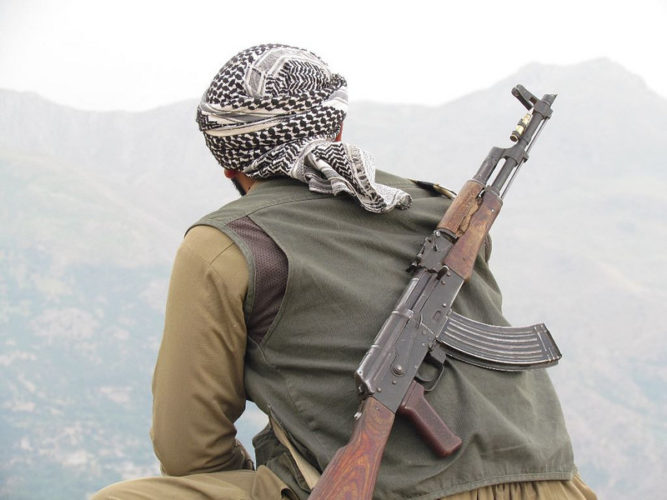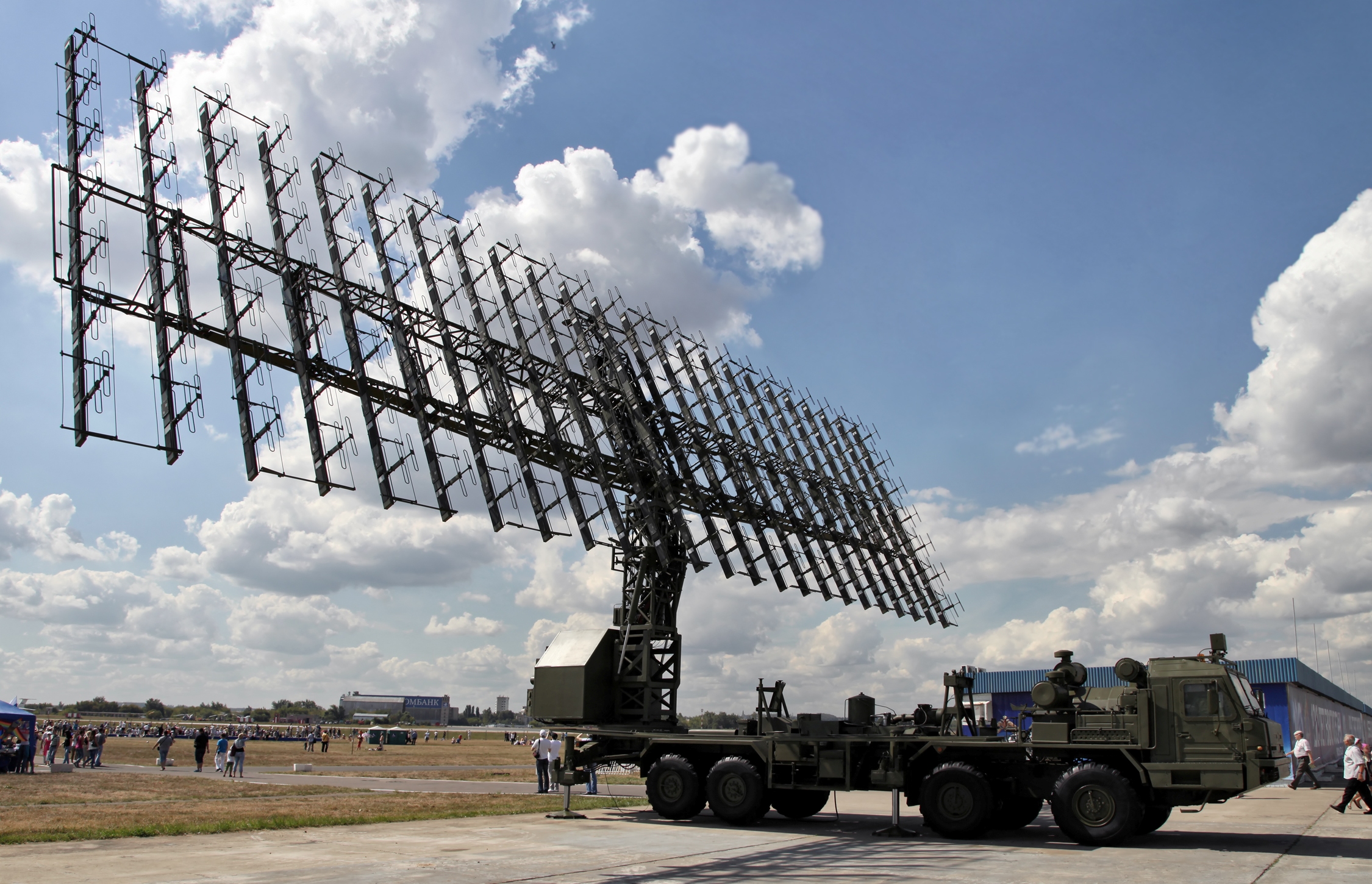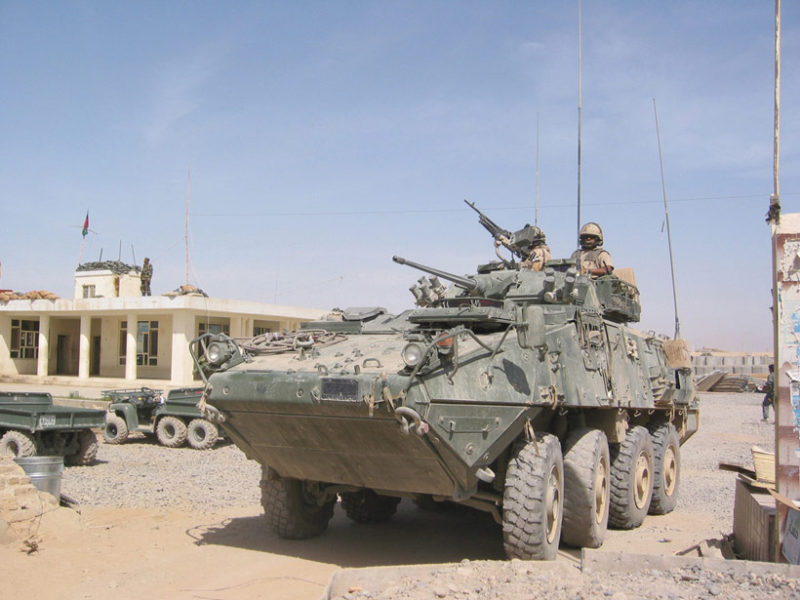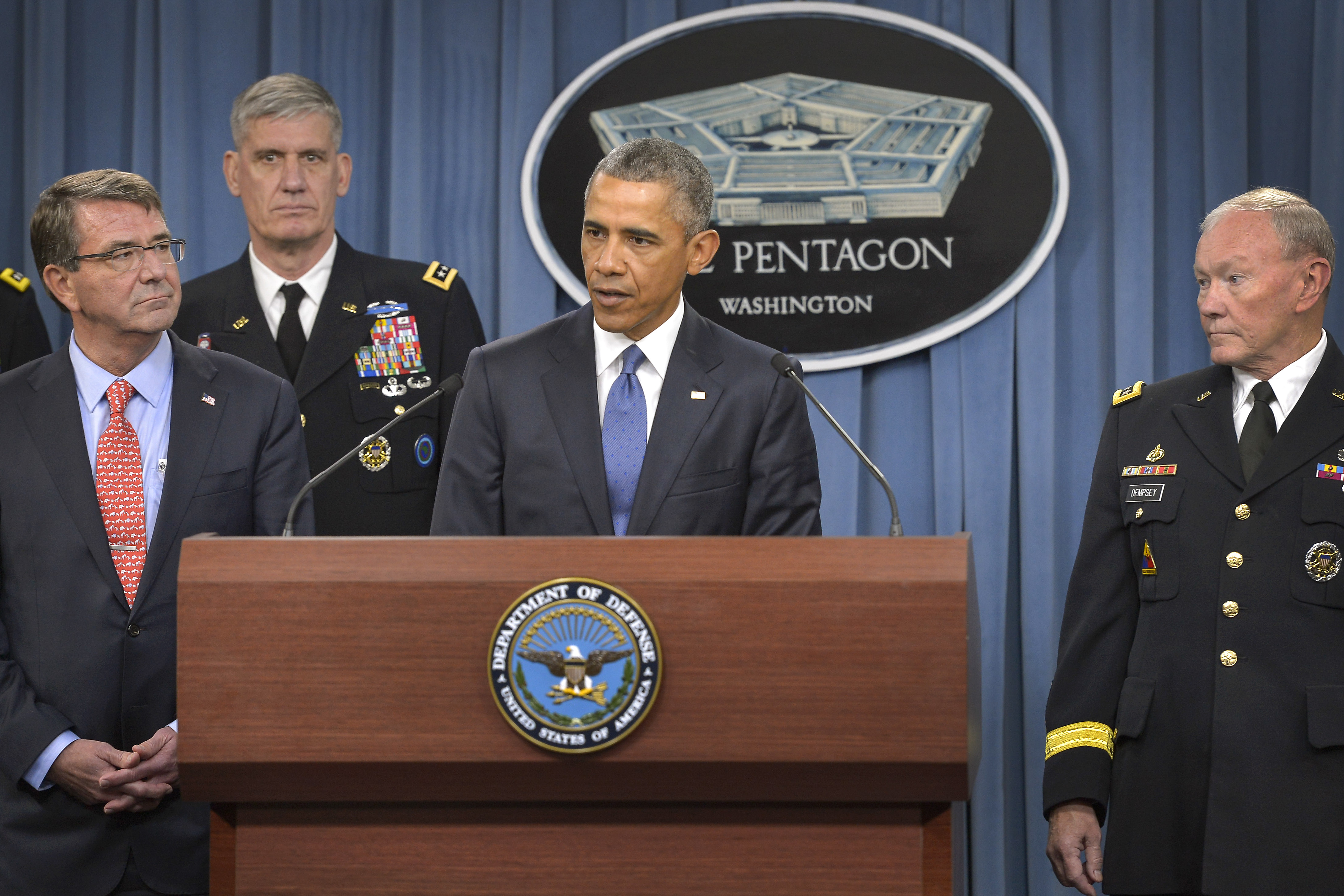In Part I of this two part series, Program Editors Kelsie Chasse and Ashley McIntyre discussed the Arms Trade Treaty (ATT) and Canada’s past reluctance to sign. In this part, Libya, Iraq, and Saudi Arabia are examined as case studies, and the possible application of the ATT in past and future arms deals is discussed.
Case Studies:
Libya:
Context:
A peaceful protest against Colonel Mu’ammar al-Qadhafi’s rule was forcefully subdued in Benghazi in 2011, subsequently making way for the ‘Arab Spring’ movement to arise in Libya. What initially looked like the beginning of democratic revolution quickly gave way to a civil war. The Arab Spring was intended to inspire peace in the Middle East, but after the death of Qadhafi several groups fought for control in Libya, with no one authority emerging. At this time, the fundamental differences in the resistance groups that had come together to fight Quadhafi became pronounced. Without a stable government, militia and militant groups alike are able to inflict violence and deny civilians basic human rights.
Issue & Legislation:
The United Nations Security Council (UNSC) has adopted two separate Resolutions to block the sale or transfer of arms to Libya. The most recent resolution, Resolution 1970, was adopted by the UNSC in February 2011 and expressed concern over the Libyan government’s use of force against civilian populations. The Resolution issued an arms embargo against Libya, banning the supply, sale, or transfer of any and all weapons, equipment, ammunition, or personnel support. The Resolution coincided with the beginning of the Arab Spring and remains in place today. However, it should be noted that subsequent UNSC Resolutions regarding Libya permitted arms sales to the new government or forces defending themselves against the Libyan regime only after receiving approval from the UN Sanctions Committee.
Arms Transfers:
Canada has supplied Libya with military equipment in the last 5 years. The total exports of military goods and technology to Libya in 2013 was over $3 million and $2.6 million in 2014. According to the Stockholm International Peace Research Institute (SIPRI), an institute that researches armaments and other conflict related topics, over 800 armoured personnel carriers (APC) have been sold to Libya since 2012.
The Canadian firm, Streit Group was criticized for its sale of APCs to Libya in 2012. Streit claimed that the APCs were produced in the United Arab Emirates (UAE) and therefore fall outside the arms embargo. However, the UN stated that the APC sales violate the arms embargo because Streit failed to get prior approval from the UN Sanctions Committee for the transfer. A UN investigation claimed that the APCs were sold to the Libyan Ministry of the Interior during the Arab Spring, a period of significant instability.
Iraq:
Context:
Iraq has struggled to transition to democracy. The US-led Coalition of 2003 gave way to years of guerilla warfare and by the end of 2014, the Islamic State (IS) had claimed a large part of the country. Since IS emerged as a major force in Iraq, Canada has committed over $150 million in humanitarian aid, development assistance, and stabilization efforts; and another $1.6 billion has been pledged for the continued fight against IS in and outside Iraq. Canada’s primary concern in Iraq is eradicating the extremist group, whose gross violations of human rights have led to the death and displacement of millions of Iraqis; but human rights violations have come from both sides of the conflict in Iraq.
Legislation:
In 1990, during the Iraq-Kuwait war, the UNSC adopted Resolution 661, effectively cutting off arms deals with Iraq. The embargo has been rewritten several times and as of 2004, allows for arms and military trade with the Government of Iraq or the “multi-national force”.
Canadian military exports to Iraq have largely decreased in recent years. In 2012, $190,000 worth of military goods and technology was exported to Iraq, but in 2013 there were no arms exports to Iraq at all. In 2014, Canada exported $40,000 worth of military goods to Iraq.
In supporting the fight against IS in Iraq, Canada has allied itself most closely with the northern Kurdish Peshmerga army. In 2015, Canada claimed to not have enough army surplus to send weapons to the Peshmerga, but a renewed commitment of at least two years will see Canada providing at least some firearms.
Arming Instability:
As IS continues to take major cities in Iraq and Syria, the focus of the world is on supporting the opposition. Right now in Iraq, that is by and large the Kurdish Peshmerga Army. The Kurds have reached out to the west to ask for weapons to help to fight against IS and Western countries seem keen to oblige. The issue is that in an area of such heavy conflict, are we just adding fuel to the fire? IS has already acquired enough American made weaponry for 70,0000 fighters that was left behind by Iraqi troops fleeing from IS in Mosul. While weaponry sent from the West is intended to fight extremism, once it is there, it becomes extremely difficult to verify who the end-users are.
Canada shipping weapons to the Kurds does not violate the UN embargo, although evidence of human rights violations by governing bodies does raise concerns about continued military trade. Canadian military trade with Iraqi governing bodies aims to increase democracy and development. As it stands right now, Canada requires mandatory end-use documentation of its military exports, and while there is no way to guarantee that militant groups will not acquire Canadian weapons by force, signing the ATT could help widen the network of end-use monitoring.
Saudi Arabia:
Context:
The human rights situation in Saudi Arabia is dismal. Freedom of expression is virtually non-existent, and those who publicly express views contradictory to the current regime find themselves in jail. Women and children have few rights under Saudi law, and minority groups are oppressed.
Arms Transfers:
Canada’s export relationship with Saudi Arabia has been very lucrative. In 2014, Saudi Arabia was Canada’s top export location for military goods with over $224 million worth of sales and the second largest export location in 2015 with $95 million. The same can be said for previous years with $64 million in 2011, $422 million in 2012, and $152 million in 2013.
Canadian defence manufacturer, General Dynamics Land Systems Canada (GDLSC), secured a $15 billion sale of light armoured vehicles (LAV), which is the largest arms deal in Canadian history, with the support of the Canadian Commercial Corporation (CCC), a Crown corporation that supports Canadian companies with international import and export relations.
Unethical Arming:
As Saudi Arabia has been internationally condemned for their human rights abuses, Canada’s arm sales raises ethical concerns over the potential that the LAVs will be used by the Saudi government against its own people.
Canada & The ATT Revisited:
For many, Canada’s commitment to signing the Arms Trade Treaty is a step in the right direction. Signing the ATT would support Prime Minister Trudeau’s desire to revamp Canada’s international image as a champion for human rights and peacekeeping, and would require that Canadian arms transfers be held to a higher standard through an international regulatory mechanism. If Canada was a part of the ATT, the Saudi Arabia deal might not have taken place. The risk that traded arms will be used to violate international human rights laws or international humanitarian laws, would have been assessed under Article 7. The CCC that brokered the deal might also have been inhibited by the ATT under Article 10. Iraqi governing bodies that have been accused of human rights violations would also be under the scrutiny of Article 7. A more vigilant watch and a larger network would reduce the risk of arms diversion by monitoring the situation, if and when arms arrive. The Streit Group deal represents a different problem. Although the trades happened outside Canada with equipment manufactured in the UAE, the Canadian company would have likely been subject to more international scrutiny before shipping tanks to Libya, effectively closing the loophole through which Streit Group completed its trade.
Conclusion:
Arms transfers can often fall into a grey area. Continuing trade with countries that represent a threat to international peace and security, or that have a history of poor human rights records presents a risk to the global population. Ending these arms transfers could cause financial and economic repercussions, and would leave armies like the Kurdish Peshmerga Army vulnerable to militant groups that acquire weapons with ease through illegitimate means. Signing the ATT will not solve these problems for Canada or any other State Party, but it creates an international standard that can be used to monitor and mitigate arms transfers that put everyone at risk.
Photo: “Kurdish PDKI Peshmerga” (2015), by Kurdishstruggle via Flickr. Licensed under CC 2.0; Some Rights Reserved.
Disclaimer: Any views or opinions expressed in articles are solely those of the authors and do not necessarily represent the views of the NATO Association of Canada.




